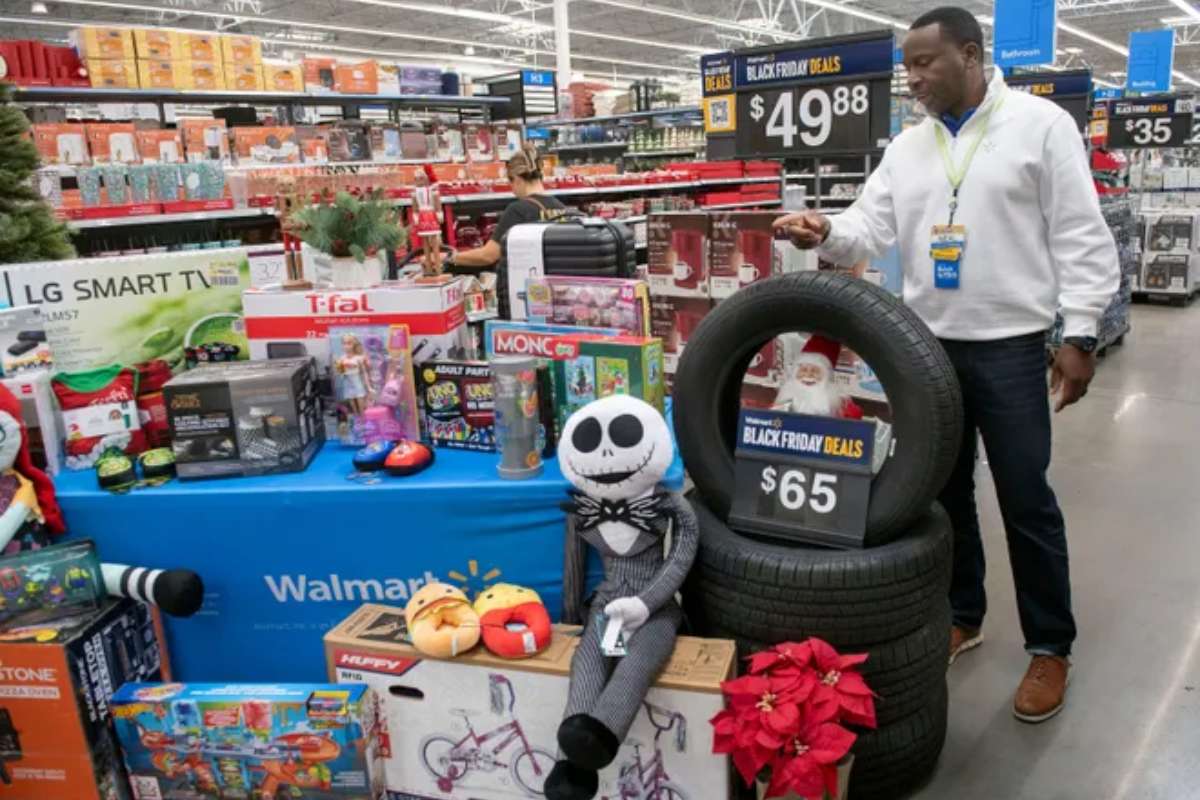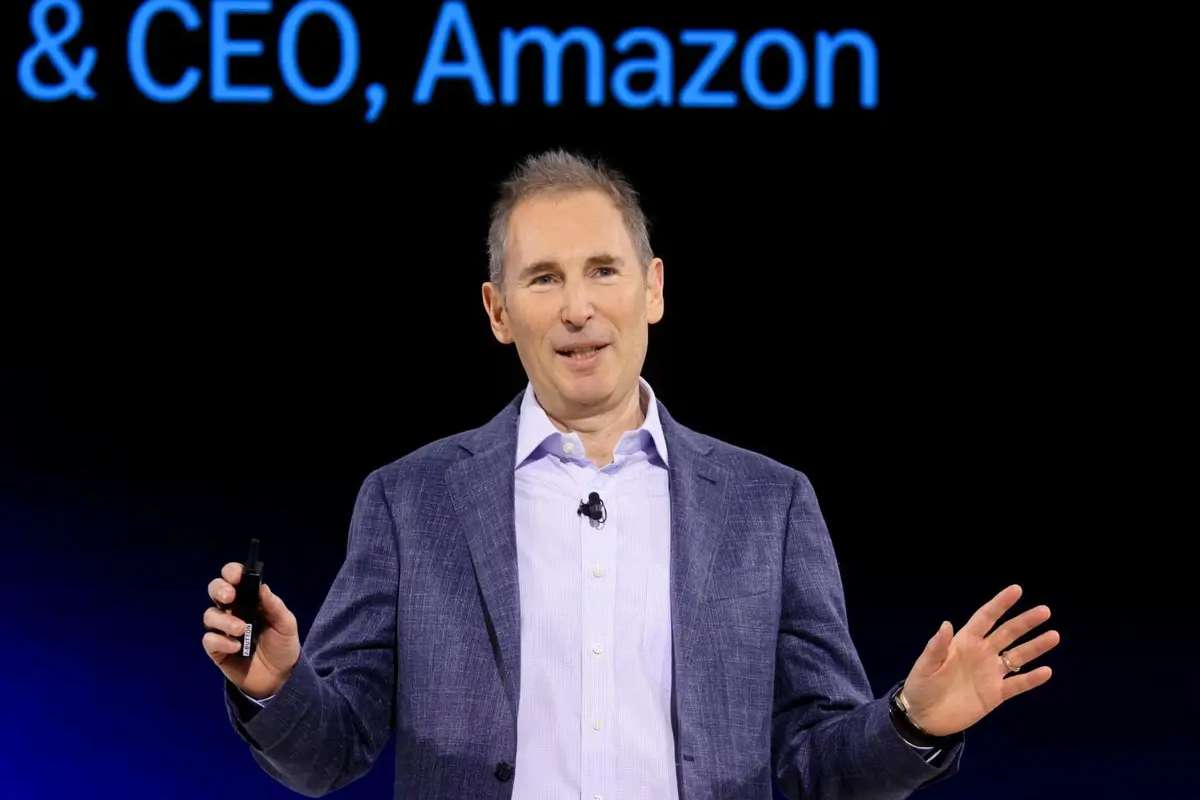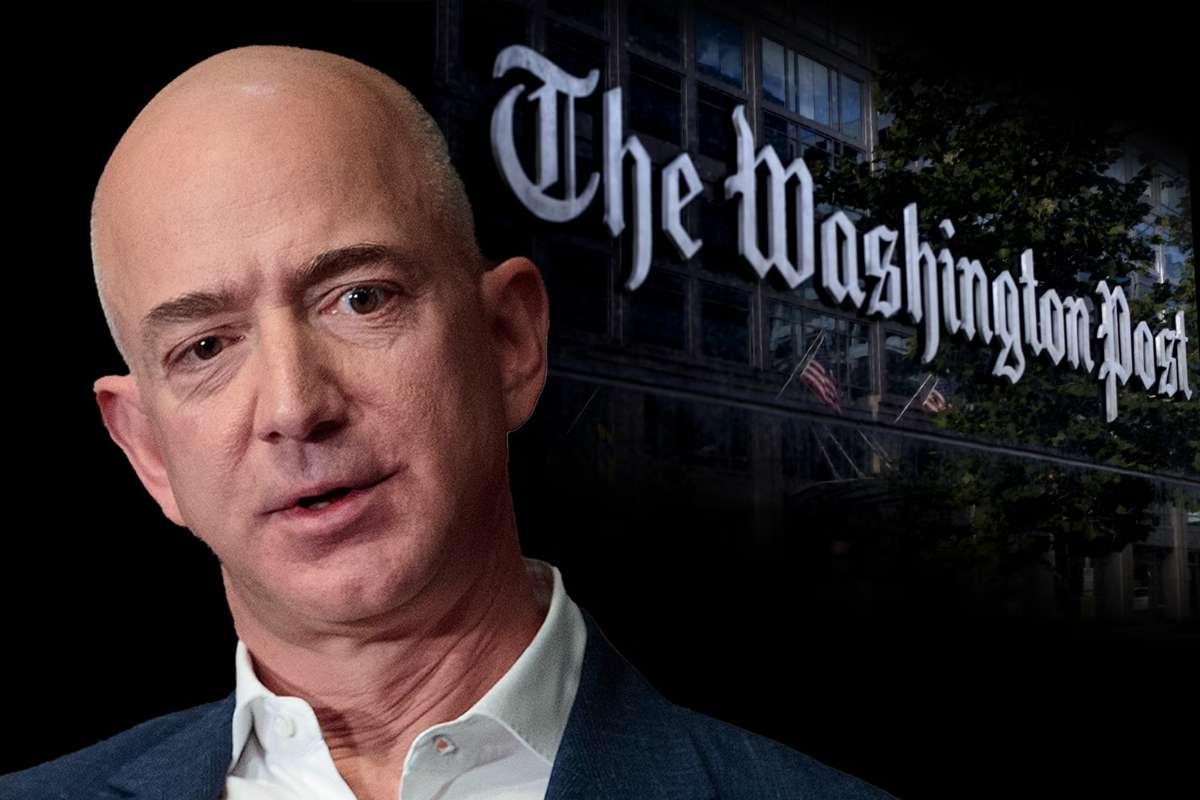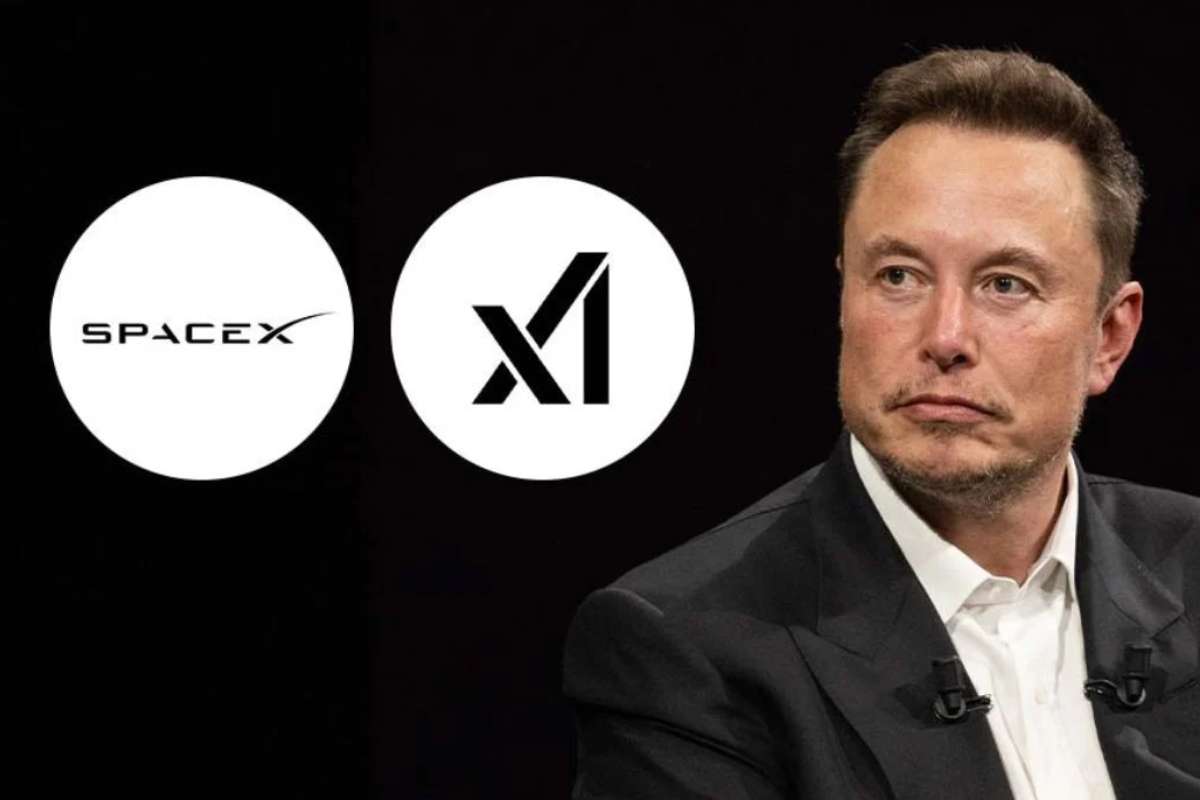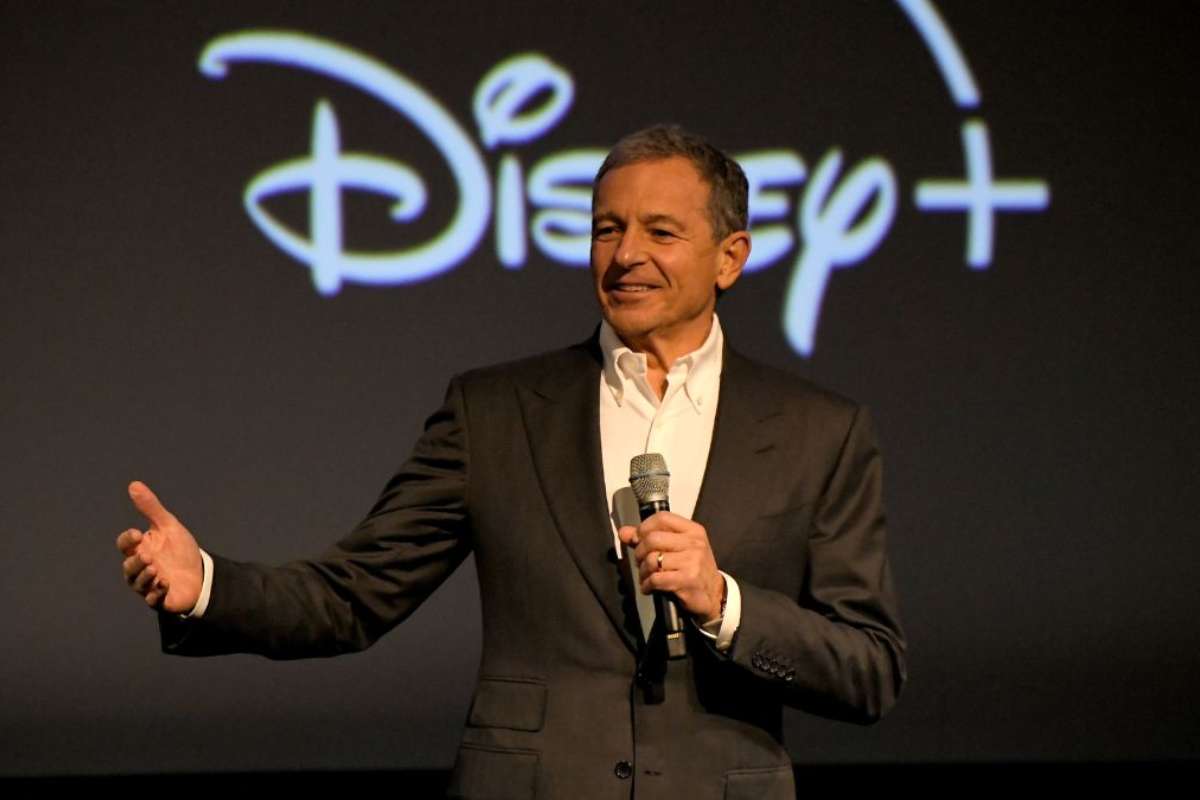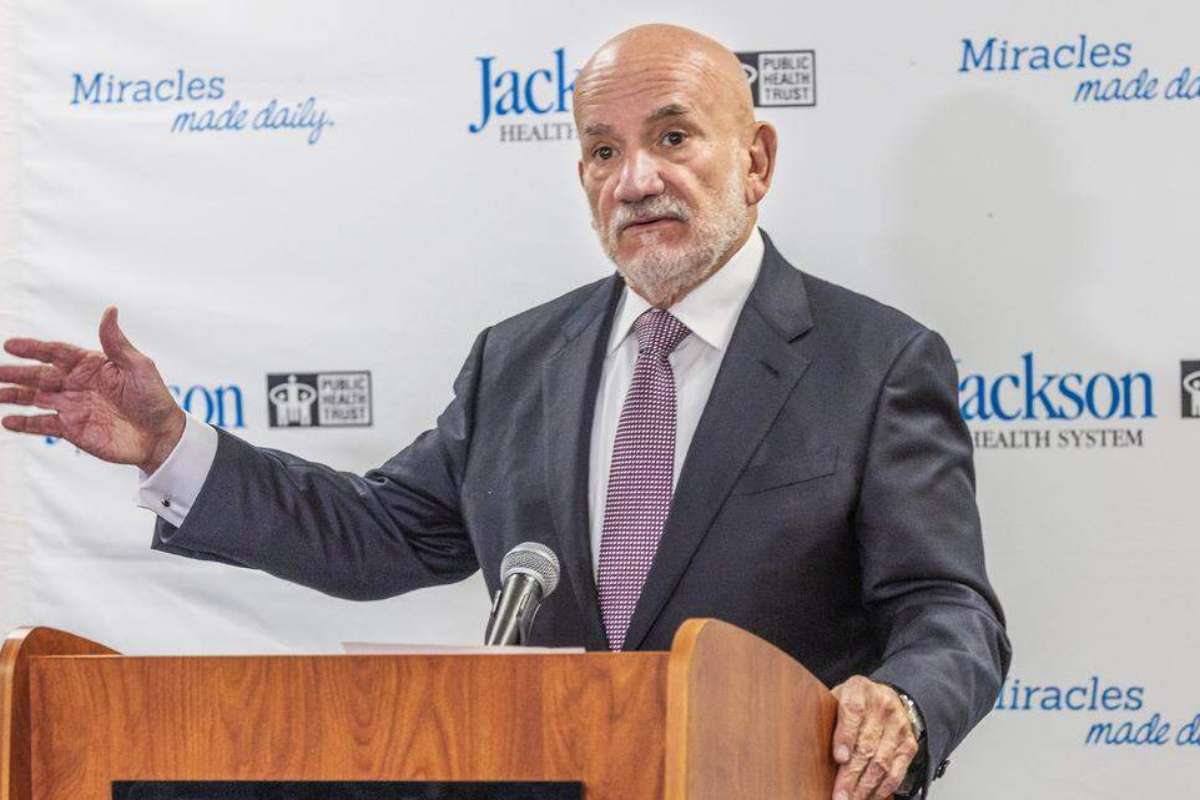Retailers across the United States are expanding Black Friday sales into extended promotional periods to sustain consumer spending. Traditionally a one-day event, Black Friday deals have now evolved into weeks-long sales campaigns, as data suggests a slowdown in consumer spending, which has driven economic growth in recent months.
Extended Sales to Attract Shoppers
Retail giants such as Walmart, Amazon, and Target are rolling out deep discounts weeks ahead of Black Friday, aiming to draw in customers early. These extended Black Friday deals include markdowns on popular items like electronics, toys, clothing, and seasonal decorations. Despite these efforts, retail data from Circana indicates a 3% year-over-year drop in general merchandise unit sales for the week ending November 16.
The National Retail Federation (NRF) predicts that winter holiday sales in November and December will approach $1 trillion, with spending expected to average $902 per person. However, the growth rate of holiday spending is projected to be around 2.5–3.5%, the slowest since 2018.
Subdued Spending Growth
Analysts attribute the extended sales periods to efforts by retailers to widen the window for attracting customers. Gregory Daco, an economist at EY Parthenon, explained that sales volumes are growing at a moderate pace, but retailers have less pricing power than before. Many retailers are incentivizing purchases through discounts and promotions aimed at lower-income consumers, while simultaneously targeting higher-income shoppers.
Although inflation has eased from historic highs, its lingering effects continue to frustrate consumers. A recent survey by the University of Michigan highlighted that consumers remain discontented with persistently high prices, which affects overall sentiment.
Consumer Confidence and Economic Uncertainty
While consumer spending has been a key driver of U.S. economic growth in recent months, surveys indicate that confidence remains below long-term averages. Adding to this uncertainty is the possibility of policy changes, such as the reintroduction of tariffs, which could reignite inflation and slow economic growth. Economists have warned that tariffs could push prices higher and drag down consumer sentiment.
One analyst noted that a return to higher tariffs would increase inflationary pressures while potentially slowing GDP growth. Although measures such as tax cuts and deregulation could offset some of the negative effects, they would likely exacerbate budget deficits and reinforce inflation, especially if coupled with reduced immigration.
Key Holiday Shopping Period
The stretch between Thanksgiving and Cyber Monday is one of the most critical times of the year for retailers, with Black Friday deals serving as a key indicator of holiday season performance. Many retailers are banking on strong consumer participation during this period to bolster their annual revenue.
NRF’s chief economist, Jack Kleinhenz, expressed optimism, stating that households are in good financial shape, which could drive spending during the holidays. However, he noted that households are likely to spend cautiously, focusing on deals and bargains.
Retailers have already adapted to changing consumer behavior. Target’s CEO noted that shoppers are becoming more resourceful, seeking out deals and stocking up when discounts are available. The company ran an early Black Friday promotion in early November and launched another round of sales that will continue through the end of the month.
Other retailers are following a similar approach. Walmart began offering week-long Black Friday deals as early as November 11, with a second wave of discounts scheduled for later this month. Amazon’s Black Friday promotions started last Thursday, while Home Depot’s extended sales run from November 7 to December 4.
The New Normal for Black Friday
The traditional concept of Black Friday as a one-day shopping frenzy is increasingly becoming a relic of the past. Retailers are adopting longer promotional periods to accommodate changing consumer habits and economic realities. While the extended deals provide more opportunities for shoppers to save, the broader trends of subdued spending growth and lingering inflation suggest a cautious holiday season ahead.

